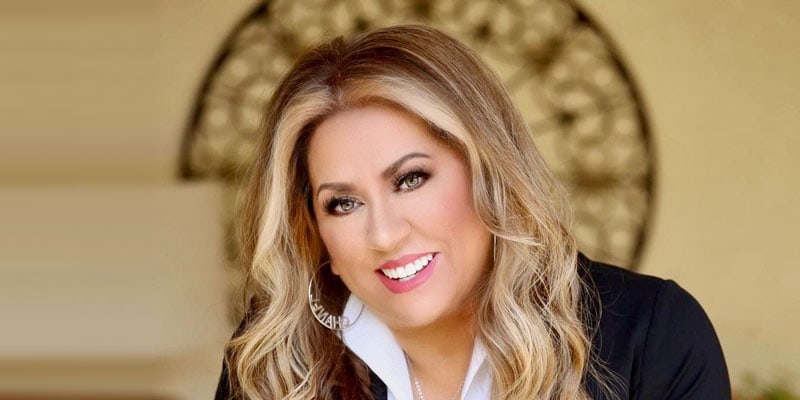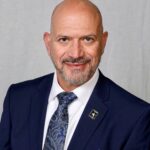Lisa Moler talks about the horrible crime of human trafficking and how dental offices can recognize and take safe steps to help these patients.

Founder/CEO, MedMark Media
Recently, I saw a movie called “The Sound of Freedom,” the story of Tim Ballard, a federal agent who quits his job with the Department of Homeland Security to start his own independent team to rescue child trafficking victims. One of the movie’s executive producers is Tony Robbins. Anyone who knows my story realizes that Tony has been a mentor and inspiration to me. The movie was emotional and moving for me, watching (as Tony describes on his website), “the harrowing experiences faced by victims of human trafficking and the relentless dedication of those fighting to dismantle these dark criminal networks, which continue to enslave millions of children globally each year.
Human trafficking is not just a movie. The U.S. Department of Homeland Security (DHS) notes, “Every year, millions of men, women, and children are trafficked worldwide – including right here in the United States. It can happen in any community and victims can be any age, race, gender, or nationality.” Violence, manipulation, false promises of well-paying jobs, and even the promise of romantic relationships can lead to imprisonment of these innocent, frightened victims. DHS adds, “Language barriers, fear of their traffickers, and/or fear of law enforcement frequently keep victims from seeking help, making human trafficking a hidden crime.”
What does this story of human trafficking have to do with dentistry? The movie started me thinking about the people, victims at risk, who may be hiding in plain sight. Dental professionals may not realize that patients who visit their offices may be impacted by this terrible crime. Because of signs and symptoms of human trafficking, dentists may be able to help a victim of human trafficking during the course of the dental visit. Several states mandate that dentists need a human trafficking continuing education course to renew their licenses. In these courses, dentists learn details such as:
- Work-settings that may employ trafficking victims.
- Physical and psychological clues that the patient may be being trafficked.
- Some key words that the victim or perpetrator may say to the dentist to avoid being identified as trafficking situation.
- Reasons why a victim may try to avoid being identified.
- Oral injuries that may be discovered during a dental exam that may indicate a trafficking victim.
- Resources for intervention specialists in human trafficking.
- Steps a clinician can take if the patient is identified as a trafficking victim.
The DHS says that in helping these victims, the healthcare professional also needs to pay careful attention to the safety of themselves and their teams. They warn, “Do not attempt to confront a suspected trafficker directly or alert a victim to any suspicions. It is up to law enforcement to investigate suspected cases of human trafficking.”
Back to Dental Sleep Practice, in our Cover Story, Dr. Shiffman literally takes a laser focus on airway therapy and the benefits of using lasers for patients with sleep-breathing-related issues. In our CE, Certified Orofacial Myologist Nicole Goldfarb explains the advantages of adding an orofacial myofunctional therapist to the practice team. Dr. Lee Surkin delves into “Sleep Duration and Cardiovascular Disease Risk,” and in our Adjunctive Therapy column, Brittny Sciarra Murphy and Karese Laguerre discuss the “BROOMS” screener, a resource to identify oral dysfunction and screen for myofunctional airway issues.
In my Publisher’s Perspective column, I always share topics that are important to my growth not just as a publisher and entrepreneur, but also as a human being. Human trafficking is an outrageous and evil crime. Take a CE class on this topic to know warning signs and also to stay safe. Human trafficking “exists nationwide – in cities, suburbs, and rural towns – and possibly in your own community,” says DHS. Be aware, be smart, and be cautious – as you continue to be a vital and important part of helping patients to survive and thrive.
Lisa Moler strives to help people of all ages and experiences — her columns cover her passions from helping patients with sleep apnea to recognizing the signs of human trafficking in the dental office. Read more about Lisa here: https://dentalsleeppractice.com/lisa-moler-publisher/



